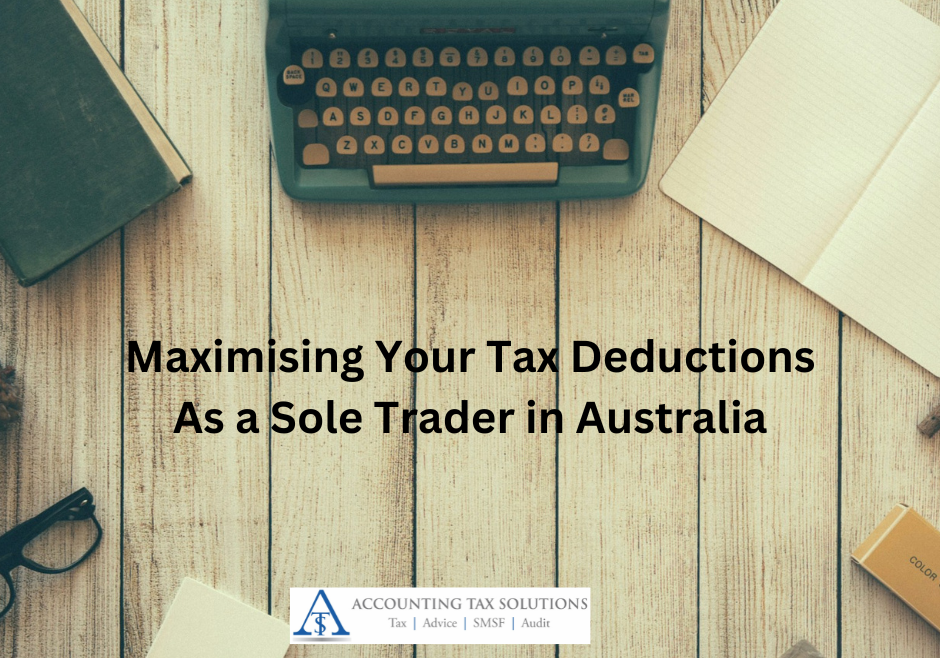Making a significant amount of dollars each year and knowing how to use it effectively to avoid paying so much in tax are two very different things – take advantage of our expert tax planning tips to save more money come the end of the financial year. Make Additional Contributions to Your Superannuation Fund Being able to grow your…










